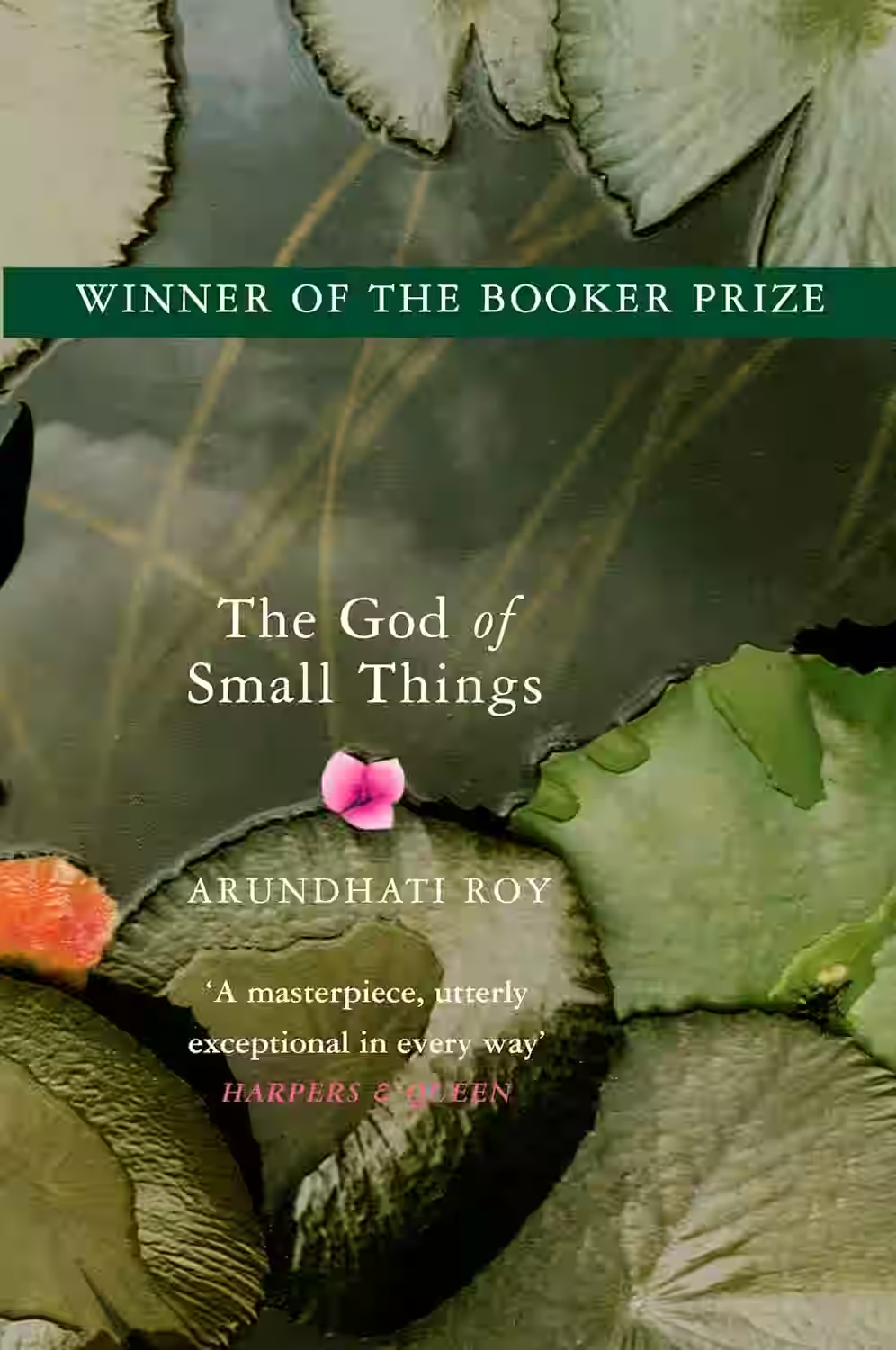
Set in 1960s Kerala, India, this Booker Prize-winning novel tells the story of fraternal twins Estha and Rahel, whose lives are shaped by a family tragedy and societal taboos. Roy’s lyrical prose weaves themes of caste, colonialism, love, and memory in a nonlinear narrative. The God of Small Things is a haunting, richly textured novel about loss, forbidden love, and the enduring pull of the past.
About Arundhati Roy
An Indian author, activist, and essayist, who achieved international fame with her Booker Prize-winning debut novel, The God of Small Things. Her fiction is characterized by its lyrical prose, intricate narrative structures, and exploration of social injustice, caste, and political conflict in Kerala, India. Roy is also a vocal critic of globalization and corporate power, with her non-fiction addressing pressing political and environmental issues.
Similar Books
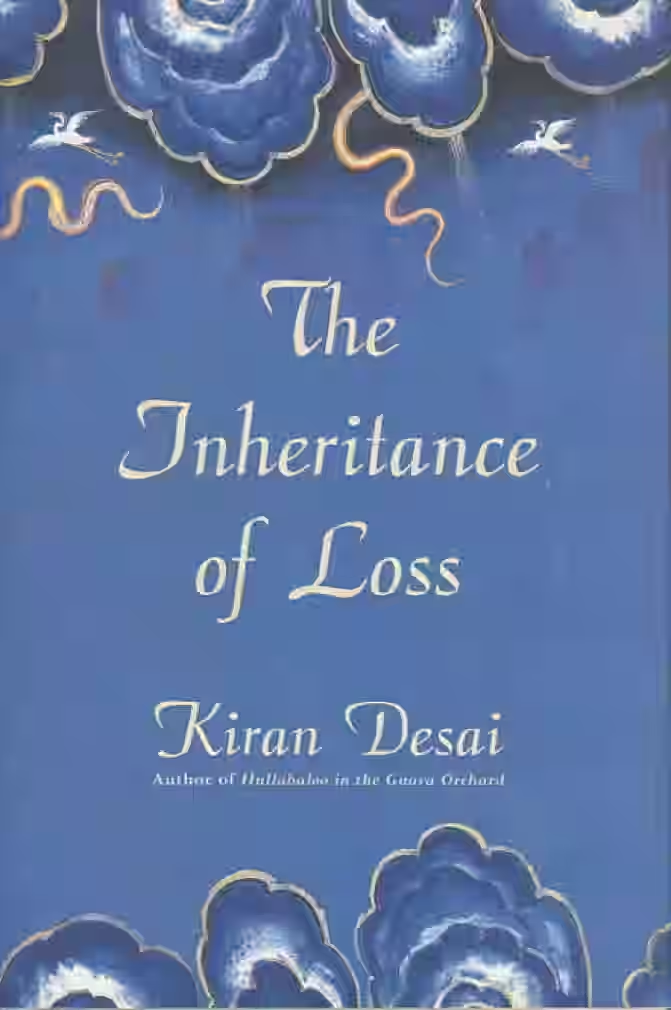
The Inheritance of Loss
by Kiran Desai
Set in the Himalayas during a time of political unrest, this Booker Prize winner follows a retired judge, his orphaned granddaughter, and their cook as they navigate personal and societal change. Interwoven with the cook’s son’s immigrant struggles in the U.S., The Inheritance of Loss examines colonial legacy, cultural dislocation, and fractured identities with lyrical poignancy.
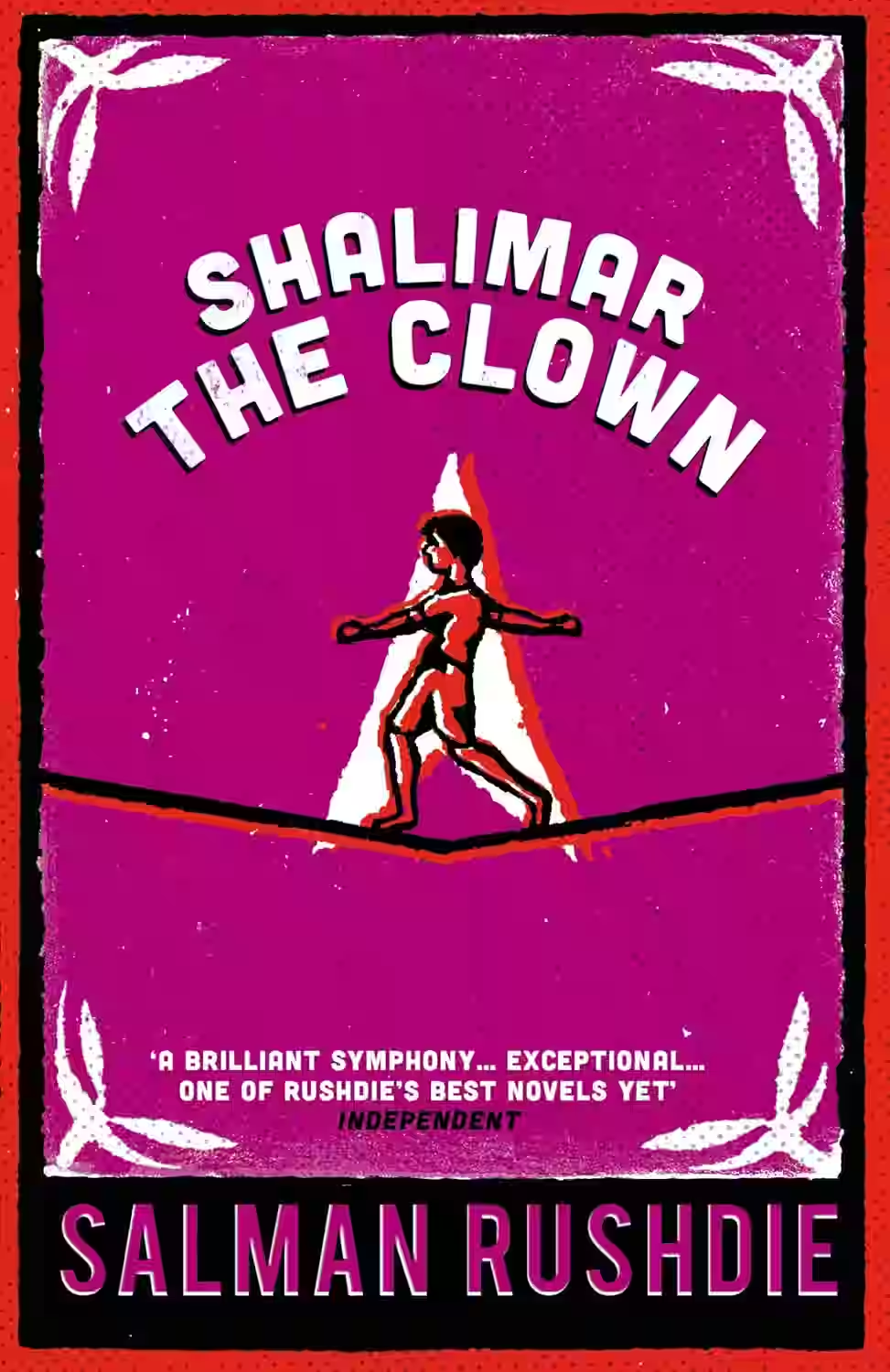
Shalimar the Clown
Salman Rushdie’s Shalimar the Clown is a political and personal tragedy that spans continents and generations. The novel begins with the assassination of a former U.S. ambassador in Los Angeles, then unravels the story of Shalimar, a Kashmiri performer whose love turns into violent vengeance. As it traces the rise of extremism and loss of cultural harmony in Kashmir, the book explores themes of betrayal, identity, terrorism, and the global consequences of personal choices. Blending lyrical prose with geopolitical insight, it’s a haunting meditation on love and war.
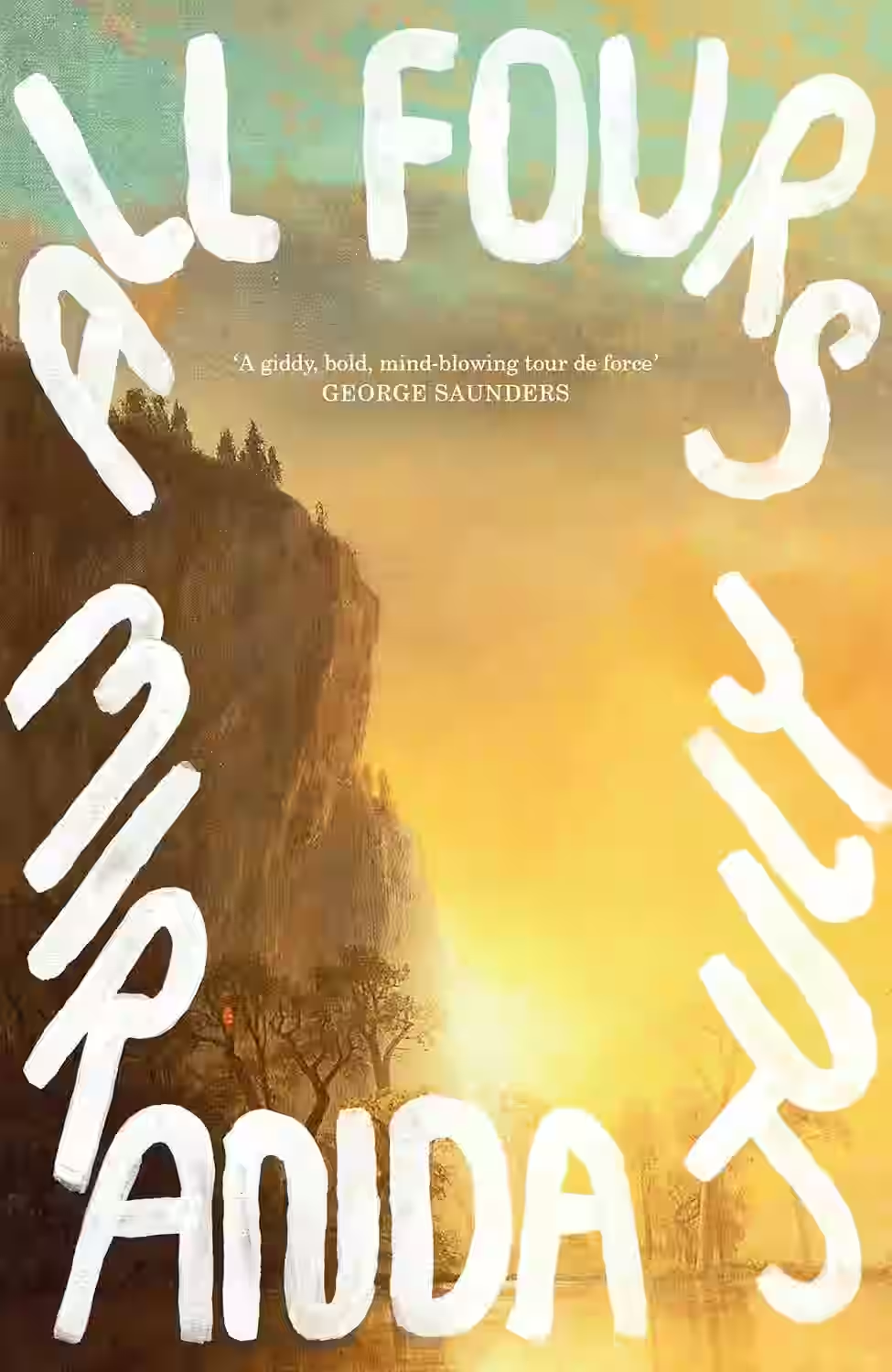
All Fours
by Miranda July
In All Fours, a 45-year-old semi-famous artist embarks on a spontaneous cross-country road trip from Los Angeles to New York, leaving behind her structured life. Her journey leads her to unexpected encounters and introspection, exploring themes of desire, identity, and the complexities of human relationships. Set against the backdrop of Los Angeles and Monrovia, California, the novel delves into the protagonist's navigation of societal norms and personal freedom. Miranda July's narrative is a reflective and intimate exploration of midlife transformation and the pursuit of authenticity.
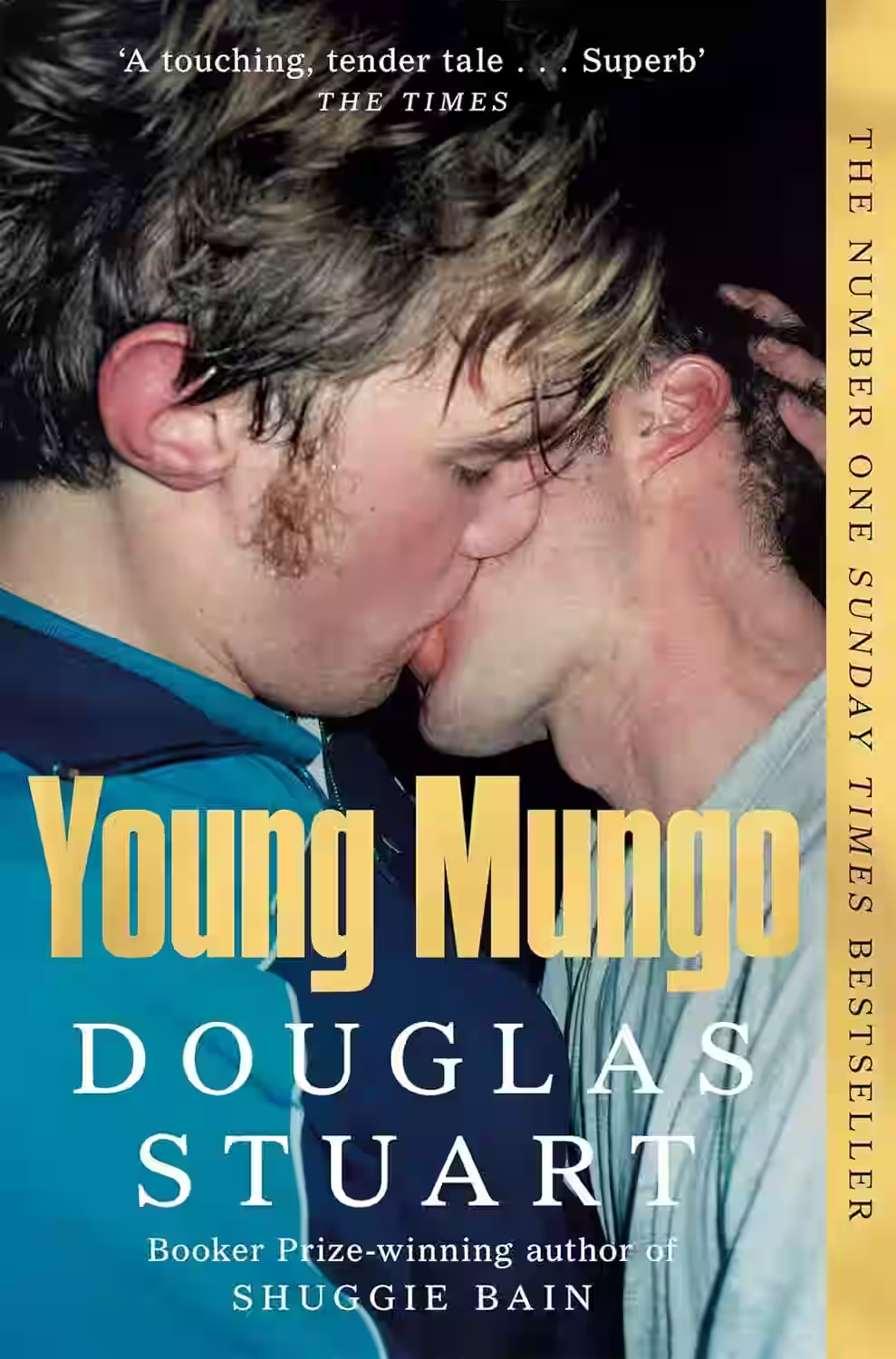
Young Mungo
Douglas Stuart's heartbreaking second novel depicts the precarious life and burgeoning love of a young gay boy in working-class Glasgow amidst sectarian violence and social hardship. With raw and tender prose, it explores themes of masculinity, vulnerability, and the search for intimacy in a harsh and unforgiving environment, echoing the emotional intensity of his debut.